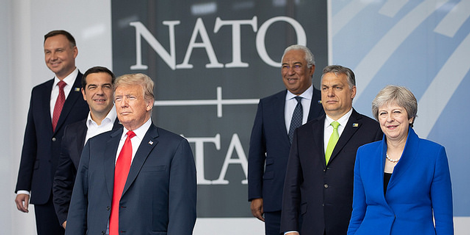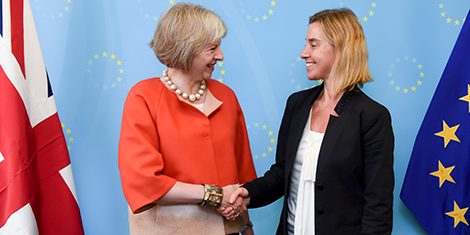
This article was originally published by the NATO Defense College (NDC) in September 2018.
NATO Summits take stock of recent political and security developments, assess how they affect the Alliance’s posture and adaptation agenda, and decide on possible new directions. From the outside, a key feature of any Summit is also what it reveals about NATO’s political cohesion and relevance.

